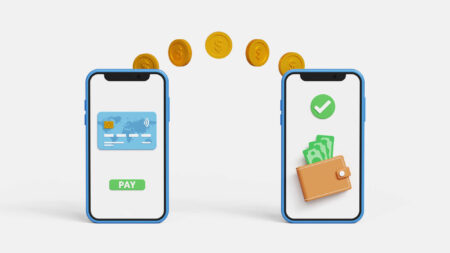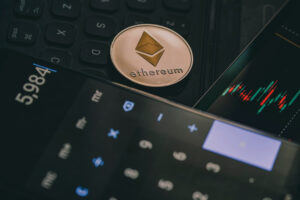Ripple is the company behind a blockchain-based digital payment protocol and the XRP cryptocurrency. Ripple's blockchain aims to revolutionize cross-border transactions, targeting financial institutions such as banks and payment providers that struggle with slow and expensive transfers.
Ripple is not primarily intended to be a digital currency for everyday purchases, but rather to facilitate seamless and efficient cross-border money transfers, using XRP as a bridge currency. By enabling direct peer-to-peer (P2P) transactions, Ripple bypasses the intermediaries involved in cross-border transactions initiated by individuals or institutions.
Ripple as a payment method
Ripple was originally founded in 2004 as Ripplepay by developer Ryan Fugger. After the release of Bitcoin in 2009, Ripple adopted blockchain technology for transaction processing. Similar to Bitcoin, it aimed to provide a simpler, faster, and more secure way for global transactions, but with much faster transaction validation times. In 2011, McCaleb, David Schwartz, and Arthur Britto began developing the XRP Ledger in response to the limitations of Bitcoin.
Ripple launched the XRP (also pronounced Ripple) cryptocurrency, which enables transactions within the Ripple network. Through strategic partnerships with financial institutions and payment service providers, Ripple has driven the integration of XRP into real-world use cases, expanding its reach and potential impact.
XRPL - The Ripple blockchain
Ripple's network is called XRP Ledger (XRPL) which runs with the Ripple Protocol Consensus Algorithm (RPCA). Ripple's consensus algorithm renders traditional mining or staking unnecessary while simultaneously improving transaction speed. This is different to Proof-of-Work (PoW), as used by Bitcoin, or Proof-of-Stake (PoS) implemented by the Ethereum blockchain. The RPCA consensus mechanism is not based on energy-intensive mining or validators, but on a network of trusted participants.
The Ripple network enables rapid transaction confirmation, typically in seconds, and is capable of processing thousands of transactions per second. This scalability and speed make Ripple's XRP Ledger an attractive choice for financial institutions and payment service providers looking to streamline their cross-border payment processes.
Ripple versus the SEC
The SEC lawsuit against Ripple captured the attention of the cryptocurrency industry. Until then, blockchain projects in the United States had been operating with minimal regulatory guidelines. The Ripple case is the most prominent example of an initial coin offering (ICO) coming under scrutiny by authorities. It provides judicial insight into the application of the Howey test to digital assets, marking a pivotal moment for the industry.
In December 2020, the SEC filed a lawsuit alleging that Ripple offered unregistered securities to U.S. customers through the sale of XRP tokens. Under the leadership of Gary Gensler, the SEC argued that many cryptocurrencies, including XRP, should be classified as securities under its jurisdiction. Three years later, in the summer of 2023, the Southern District Court of New York ruled that XRP tokens were not securities. This was a significant victory for the crypto industry, with implications for the regulation of digital assets in the U.S. and beyond.









